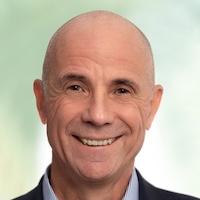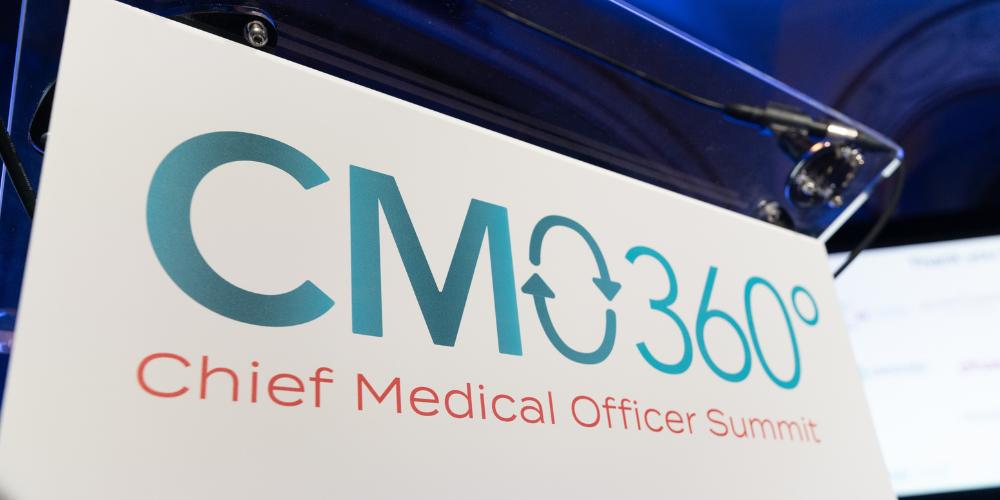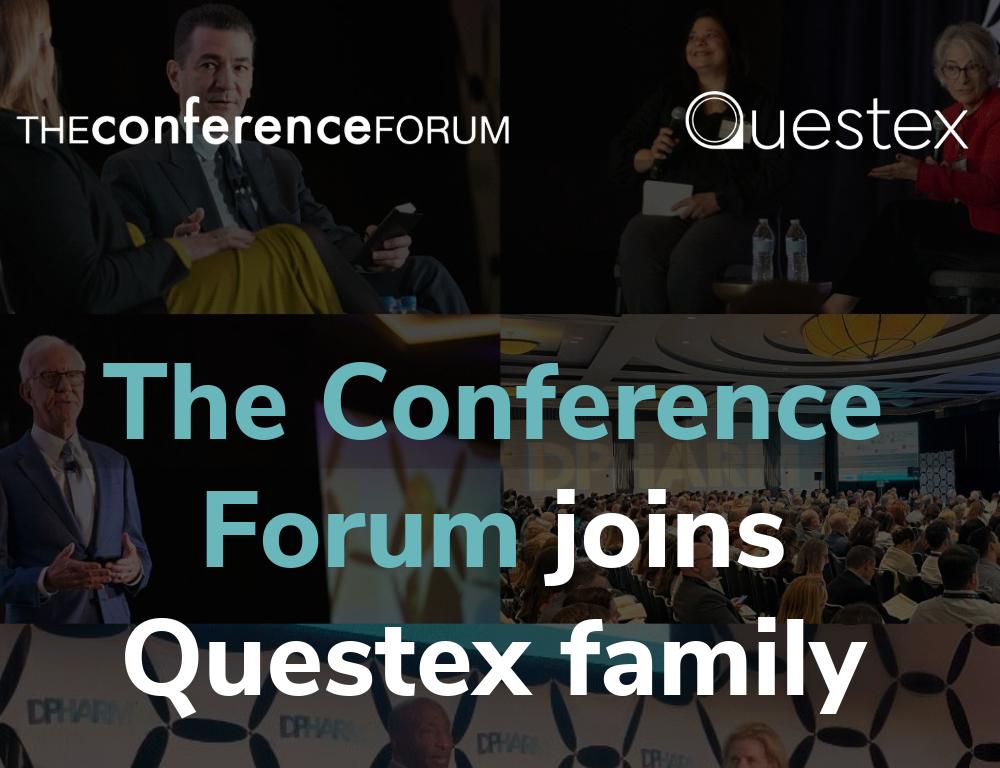
What can people do to prepare for their first biotech CMO role?
The biotech CMO role requires that you can do the job in a hands-on way while also having a really close relationship with your CEO and work with investors and think about the business aspect of the development. As much as you can, develop experiences in clinical operations, clinical research, regulatory affairs and strategic decision-making. If you have the change to be exposed to the business aspect, that will benefit you in your CEO, Board and investor interactions.
How can CMOs set themselves up for success before accepting a role?
First, while you’re still interviewing, make sure that you get along with the folks that you will be working with. You need to understand how the CEO thinks and try to get into their head as much as you can to ensure it is a culture fit. This requires that you ask about the CEO throughout the interview process both in terms of their business sense and their personality. Getting a sense of this will get you a long way when you start.
When you start, be as transparent as you can with the CEO about what works and what doesn’t. Ask questions. Establishing relationships with the members of the leadership team is critical. And based on whatever stage your company is up to, be ready to roll up your sleeves, make big decisions fast and jump in to do the work yourself. These companies don’t have the resources to build big groups so establishing those relationships and getting into the work quickly is critical.
“Be ready to roll up your sleeves, make big decisions fast and jump in to do the work yourself. These companies don’t have the resources to build big groups so establishing those relationships and getting into the work quickly is critical.”
How can CMOs do appropriate diligence on potential hiring companies?
It depends on the size of the company. If it’s a small company, ask the people who work and have previously worked with the CEO and other C-suite executives. These talks will give you good insights on the person. You can also ask to go out to dinner during the interview process and see how your potential colleagues act in different situations. You need to trust your instincts. If you have any doubts about something, ask. At this level, it isn’t just about the business but about the people and whether you can develop trust or have a tough conversation while still having respect for each other. It’s the people skills that need to be developed.
How can CMOs learn and lead when transitioning to a new company, especially in new scientific areas?
As you grow in your career and become more senior, the therapeutic area becomes less important. You need to be ready to learn and be flexible and experienced enough to apply guiding principles to a different context. You also need to surround yourself with a network of people you can ask advice from when you don’t know something. There is nothing worse than stating something forcefully without being sure that what you are saying is correct. Don’t hesitate to ask questions to people with more experience, whether they are a KOL or someone in your network who has worked in that therapeutic area. At the same time, your job as a CMO is to read up and learn about the area where you are conducting clinical development.
“As you grow in your career and become more senior, the therapeutic area becomes less important. You need to be ready to learn and be flexible and experienced enough to apply guiding principles to a different context.”
Looking back with your current experience, are there any specific skills or experiences CMOs should develop?
I would advise anyone who wants to be a CMO to work both in clinical development and medical affairs. I was lucky enough to fall into medical affairs early in my career by chance. It’s very important because it helps even in the earlier stages of clinical and preclinical development. Medical affairs gives you that long term perspective and understanding of what it means to bring a drug to market. That understanding will help you make more effective decisions throughout the development process.
If you go on vacation but you don't know the address, you're going to have a hard time finding the right path to get there. If you have an understanding of what ther address and the end game is, you will already be ahead of a lot of people and can efficiently guide decision making throughout the journey.
What advice would you have for CMOs on how to more thoughtfully approach career growth?
It’s important to work on your relationships with investors, your Board and the CEO. You also want to build out your experience with companies at different development stages and that are both private and public. Ultimately, you want a good network of folks who support you and who can be your sounding board when discussing career moves.
Anything else?
Developing personal relationships as a CMO is really key. You need the flexibility and agility to both get into the weeds and then get up and work from the strategic level. While the scientific, clinical research work is fantastic, effectively leading and supporting a team and then approaching the five-year plan with your CEO while being passionate is what makes a great CMO. That’s why the job is exciting.
In this article








